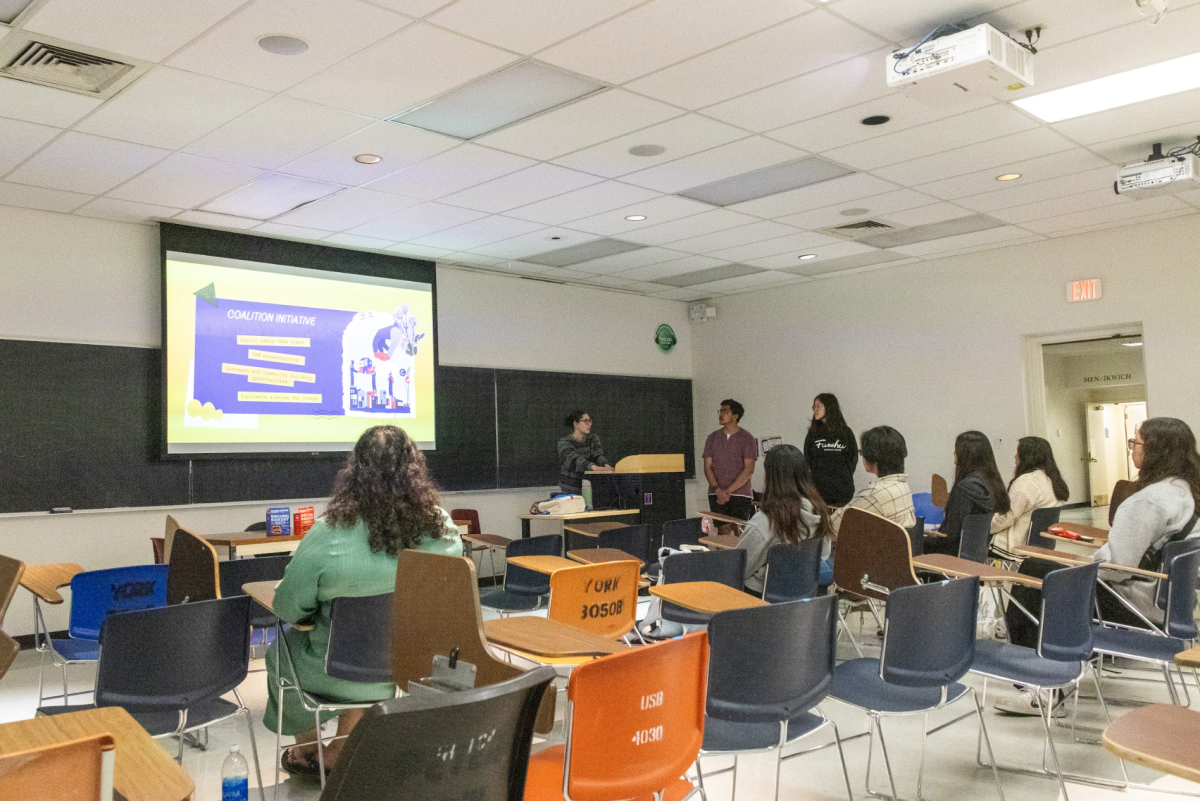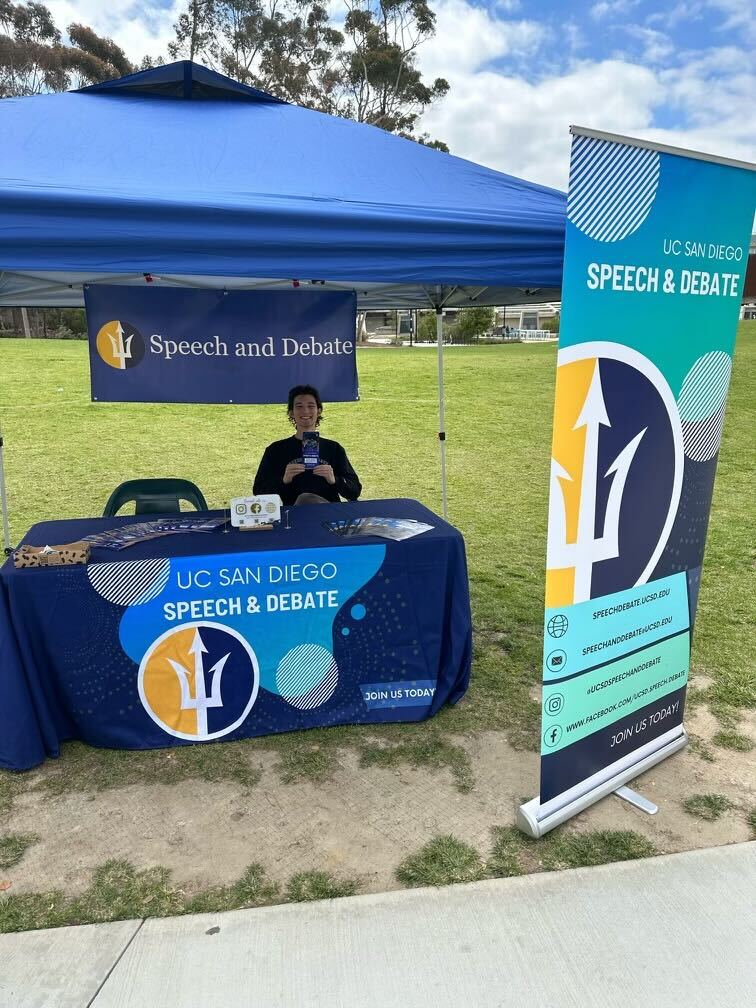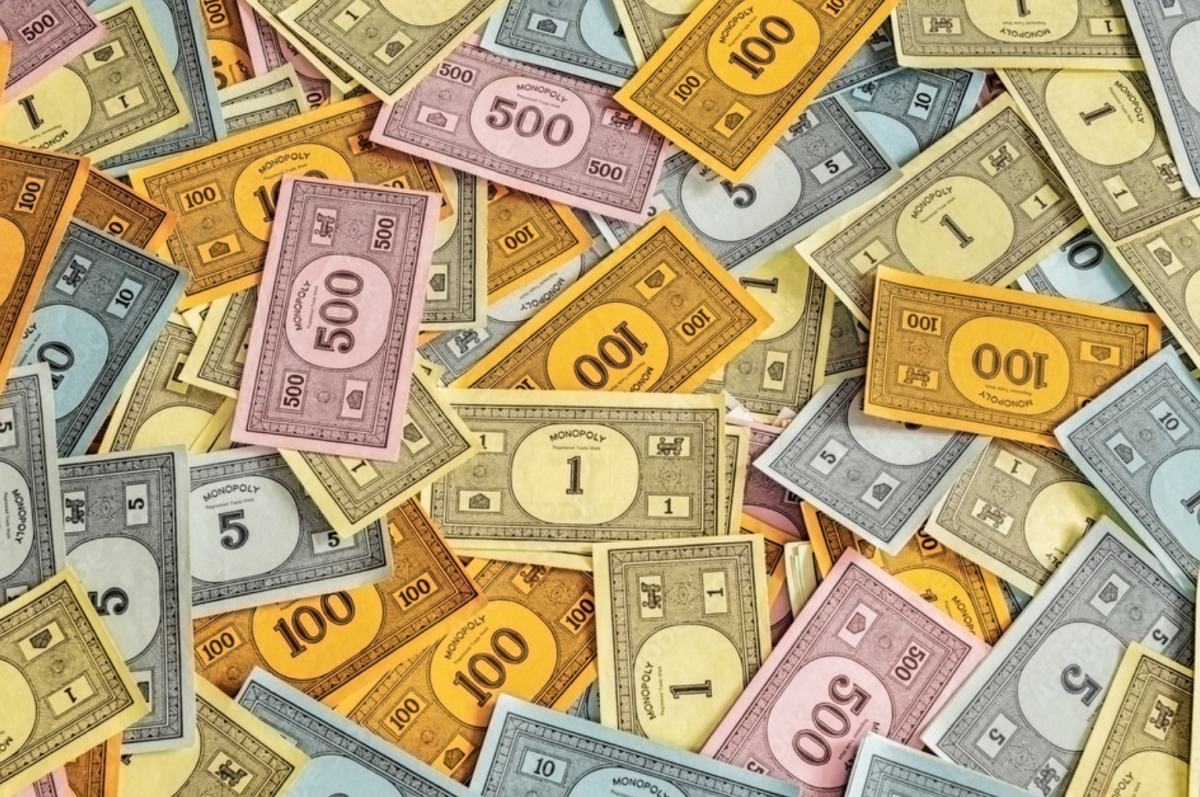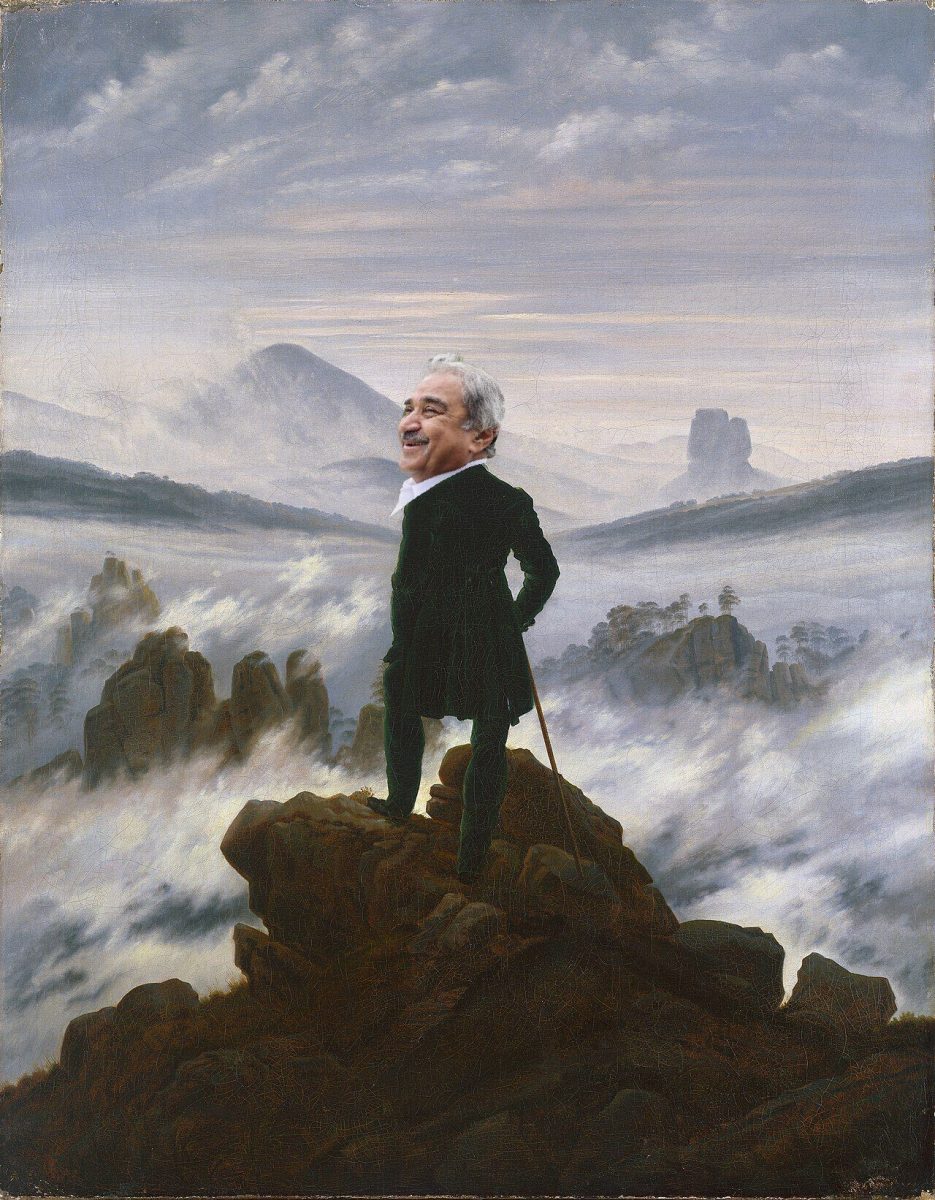With over half of UCSD’s student population under the age of 21, fake identification cards are used frequently to purchase alcohol and to get by security at bars and night clubs. Although most minors know that possession of alcohol and the use of a false identity are crimes with heavy penalties, that doesn’t stop the masses of liquor-hungry minors who successfully cheat the law each weekend.
In San Diego, which is home to three large universities and many junior colleges, liquor-selling establishments and police officers are on guard for drinking and the use of fake IDs. Minors who use false identification to purchase alcohol should be on guard as well, especially at establishments close to university campuses.
Both Ralphs and a local mom-and-pop liquor stores admit that they urge their employees to be suspicious because of the volume of underage shoppers trying to buy alcohol. These establishments have on hand the Alcoholic Beverage Control identification manual, their “”bible,”” said one owner.
However, employees do not necessarily have training for spotting false IDs. ABC officer Carl DeWing said that ABC does run a voluntary program called “”Licensee Education on Alcohol and Drugs,”” in which they train employees and employers on how to spot fake IDs, intoxicated people and drugs.
Most establishments, however, opt not to participate in the program. When faced with a shopper who looks to be under 30, their guess is as good as yours. Employees who unknowingly sell alcohol to a minor usually lose their jobs. They can be taken to court and can be fined or penalized.
The liquor-selling establishment undergoes a different set of penalties. The 1995 ABC Three Strikes Law was passed in California due to the state legislature’s realization that “”a serious problem”” with drinking among minors exists in the state, DeWing said.
For a first offense, ABC enforces a 15-day license suspension, substitutable with a fine of 50 percent of an establishment’s total income for 15 days. For the second offense in a three-year period, the establishment’s liquor license is suspended for 25 days with no possibility of a fine. The third offense is a revocation of the liquor license, the equivalant death sentence for a business in a majority of cases.
While the ABC deals with the establishment’s penalties for the crime, the local police department handles the criminal aspect for minors. Minors caught buying alcohol with a fake ID will get between 28 and 32 hours of community service, a $250 fine, and may have their driver’s licenses suspended for up to one year. This is a zero-tolerance offense.
The charge is possession of alcohol. If the ID used is a California one, both a California vehicle code violation and a business and professional code violation are tacked on. If the ID is out of state, only the latter is charged. According to the San Diego Police Department, there is no difference in penalties between using a fake ID and using someone else’s borrowed ID.
However, simply possessing a fake ID does not necessarily come with heavy consequences. Police detained Muir sophomore Philip Miller one night, and they searched his wallet.
“”I had an out-of-state ID, a really shitty one that only worked in high school,”” Miller said. “”But they just confiscated it and never said another word about it to me.””
The police department sends undercover officers into liquor-selling establishment to see if they are furnishing alcohol to minors. They also patrol nightclubs and places of high concentration of people for overintoxication, overcrowding, drugs and other activities in the crowd.
The local law enforcement also sends minor decoys into establishments to make sure they’re not furnishing alcohol to minors. The decoys are usually police cadets, boy scouts, relatives of police officers or members of the local Boys Club, and are supervised by a police officer. They must reveal their true identity to the employee to avoid entrapment.
The Minor Decoy Operation was challenged in 1992, but in 1994 it was proven a valid method, granted that the decoys don’t try to bribe, lie or otherwise induce sale, and that they look over the age of 21.
The hesitation and precautions that liquor-selling establishments use when selling to a shopper who looks to be under 30 are well-founded. The owner of a mom-and-pop liquor store near UCSD said that officers come in two to three times a year and hang around the store for 10 to 20 minutes, pretending to read magazines. He cards every shopper because he is near campus and has a lot at stake because the store is a family business. As a result, he said, he has refused sales to up to 20 customers in a weekend.
The Ralphs Corporation denies sale to out-of-state ID holders, and although disputes naturally arise, its policy holds fast. Unlike the mom-and-pop store, however, it confiscates suspect identification that does not conform to the ABC handbook. The average confiscations vary from 10 to 15 every few months.
Moondoggie’s Restaurant in Pacific Beach confiscates IDs as well. Its policy includes the use of flashlights to check ID cards, and close examination to see if the ID matches its owner. It accepts out-of-state IDs and confiscates one to two IDs per night on average. The restaurant’s owner said that the number of IDs confiscated is larger during spring break and other times of high patronage.
Muir sophomore Nicole Caven had her ID taken by Moondoggies on a weekday afternoon. “”The guy was a real asshole,”” Caven said. “”He asked me a lot of questions, my age, when I graduated from high school and ended up confiscating my ID. It cost me 50 bucks.””
Even with these restrictions and the possibility of legal penalty, minors have always found ways to get around the rules. For those who own fake IDs, fraudulently using the state seal is a misdemeanor. However, for those who make fake IDs, illegal reproduction of the California insignia is a felony.
A local student and maker of fake IDs said he is aware of these consequences, yet he still does it “”to help people out.”” He makes IDs for underage friends, for those 21 and over with underage significant others, and even for people wanting to reap the financial benefits of youth ski passes.
The process is simple. One creates a template from scratch on a computer, then fills in the necessary information and photo.
“”All you need is a good scanner and a Photoshop program,”” the student who makes the IDs said.
The type of fake ID he makes usually costs between $60 and $100, but he charges $40 because he said he’s not in it for the money.
He and his friends only used a few key tools and the smarts they came to school with to create the IDs. He said at universities with students who are smart, driven, underage and who have the desire to purchase alcohol, it is ridiculous for authorities to assume that minors won’t find a way.
The Internet is also a growing source for purchasing illegal identification. There are dozens of Internet sites devoted to the sale of fabricated identification.
These sites describe their products as “”novelty”” and “”souvenir”” items, and many have disclaimers notifying the buyer of the legal repercussions. IDs can cost up to $100 on these sites but mostly range from $40 to $60. The business is growing and the locations of the sites are difficult to track. Although these sites are illegal, law enforcement would rather spend their time and effort preventing the sale of alcohol to minors than tracking down small-time hackers.
Using false identification is a crime commonly committed by minors, especially in university towns. Police will continue to crack down just as minors will continue to rebel. Minors, however, should be aware of the legal penalties for this crime and the hazard it brings to the establishments from which they buy.







